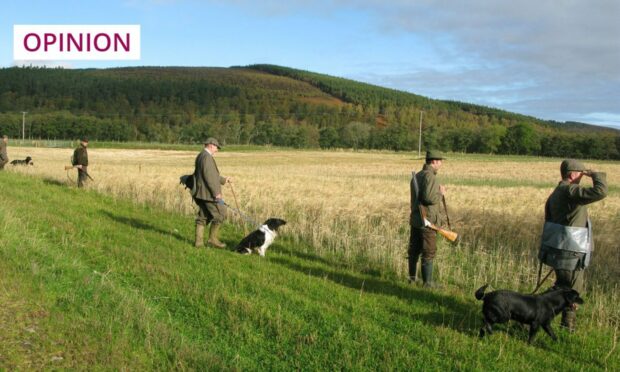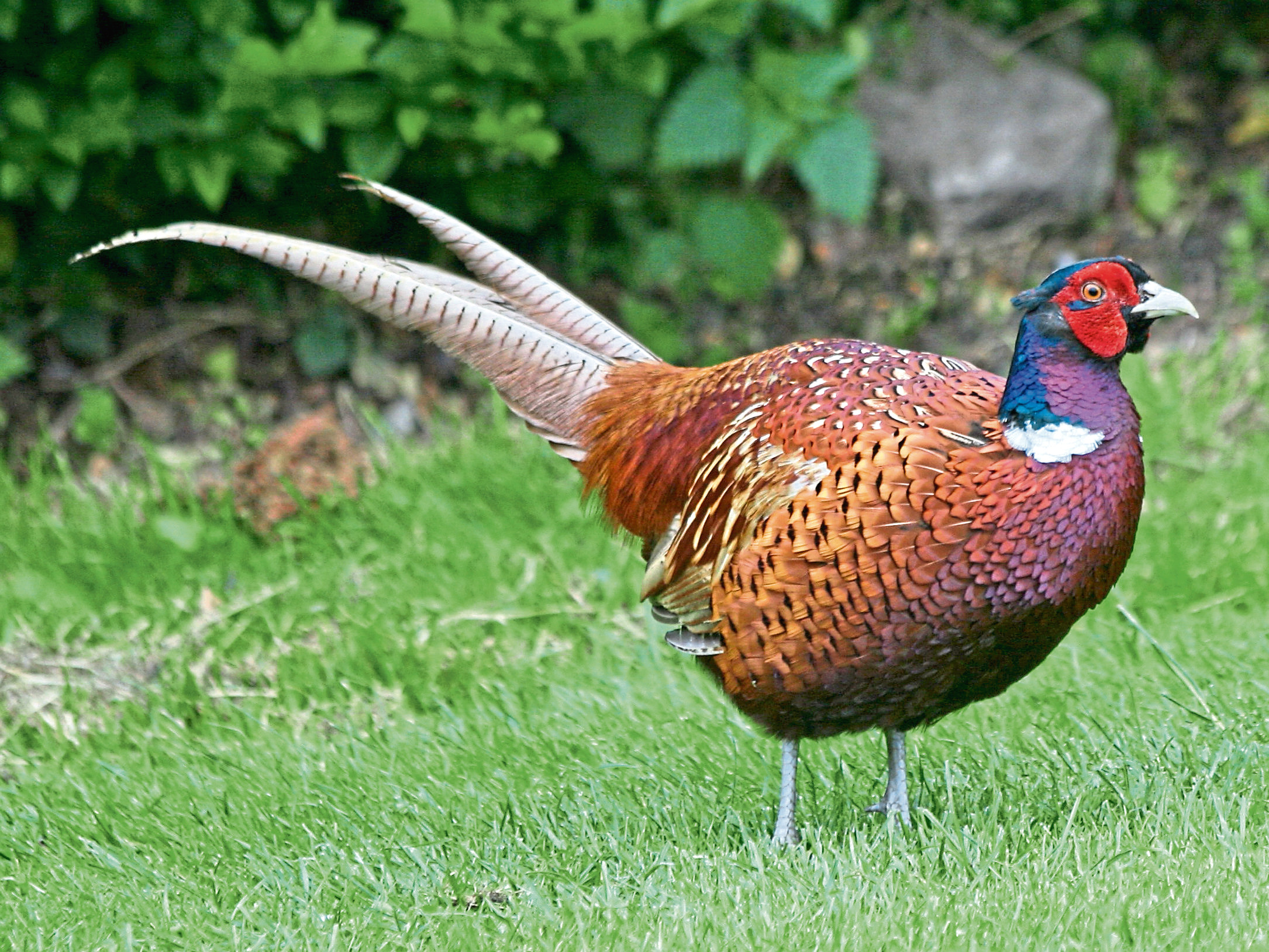The legitimate activity of rough shooting is under threat due to ambiguous drafting of legislation, writes Peter Clark of the British Association for Shooting and Conservation in Scotland.
Twenty years ago, the countryside descended on the streets of London in a show of defiance against the urban-centric, Tony Blair-led Labour government, under the banner of “Liberty and Livelihood”, in opposition to the fox hunting ban.
Fast forward to 2022, and progressing with haste through the Scottish Parliament, is the Hunting with Dogs (Scotland) Bill, which replaces the Protection of Wild Mammals (Scotland) Act 2002. As currently drafted, there are provisions to restrict the use of dogs to control rabbits within the bill. This was primarily included to preclude illegal hare coursers using the defence of hunting for rabbits.
Yet, the draft legislation has unintended consequences for rough shooting and field trials, due to the inclusion of rabbits.

Rough shooting is not hunting, so it should not fall inadvertently under the powers of this bill. It is an important humane wildlife management tool, and a way of ensuring effective predator and pest control, as well as protecting endangered species, such as the capercaillie.
One person uses their own dog or two dogs to flush their own quarry, working in proximity to others, but not allowing their dogs to form a pack, unlike traditional hunting.
The environment minister, Mairi McAllan, has stated that rough shooting would only be permissible providing a shooter uses their own two dogs to flush their own quarry, rendering any rough shooting situation both impractical and unworkable. Whilst there are often more than two dogs present, not all dogs are working simultaneously together, nor do they flush, stalk or chase wild mammals together.
Legitimacy of rough shooting is under threat
Rough shooting is a crucial driver in promoting biodiversity and, importantly, provides a high-quality, nutritious and low-carbon food source in the form of game meat. As we find ourselves amid a cost of living crisis, we must be mindful that many people across rural Aberdeenshire, Moray and the Highlands partake in rough shooting for the “pot”.
The activity allows people to enjoy exercising outdoors whilst socialising with neighbours. What could be better than all of this, plus taking home delicious, local and ethically-sourced game at the end of a day?
The Scottish Government risks passing “bad law”, which will only inevitably be subjected to legal challenge and potential repeal, all while causing confusion and uncertainty to those who manage our countryside.
The legitimate activity of rough shooting is under threat, and the bill inadvertently criminalises shooters due to ambiguous drafting.
Mairi McAllan, is willing to listen, but we need a substantial exception in the bill to exempt rough shooting. This bill cannot be used as a blunt tool, curtailing one activity, yet posing unintended consequences for another.
Peter Clark is public affairs manager for the British Association for Shooting and Conservation (BASC) in Scotland


Conversation